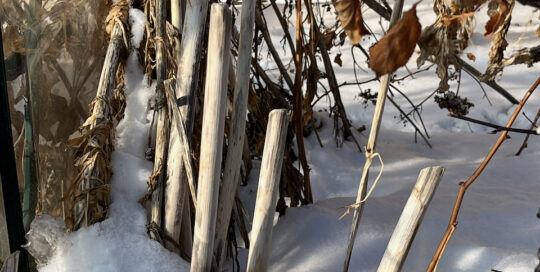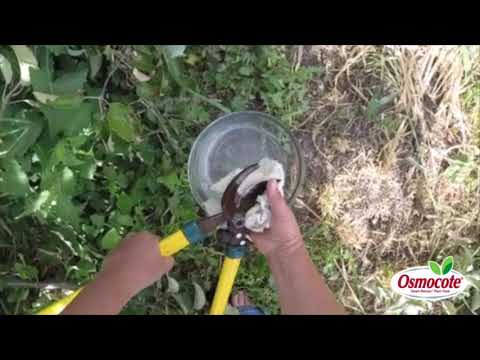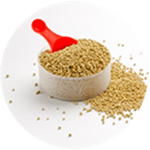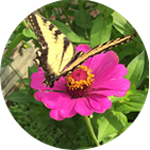Pollination is Key for Zucchini, Squash, and Cucumbers
Views: 4297
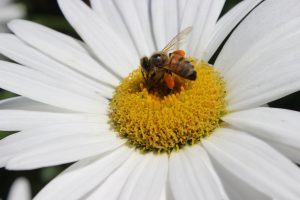
You know how I’m always harping about being light on the pesticides so you don’t kill the beneficial insects? When your zucchini, squash, or cucumbers start growing a cute little fruit that eventually shrivels up and dies, you’ll understand why. It’s not getting enough pollination.
While it might not necessarily be an issue of nuking the garden with insecticides, being heavy-handed on the chemicals is highly detrimental to pollinators’ health and a big reason for the lack of bees in the garden.
When members of the cucurbit family are forming fruit, they need direct pollination. Most of the time there will be a small fruit behind the female flower. The male flowers have none behind the blossom. Both flowers open in the morning, beckoning the bees to their bright yellow blooms. By the afternoon, they’re often spent. The fruit may continue to develop for a couple of days, but will soon shrivel and fall off. It’s heartbreaking to see the failure, but there is a way to help out Mother Nature.
Hand Pollination
The remedy if you are lacking bees is to hand pollinate the plants. Simply take a small paintbrush, collect the pollen from the male flower, and then spread it around inside the female flower. It’s not one-hundred percent, particularly since timing is critical, but it will give you better results than relying on the occasional bee to pop in for a visit.
Keeping a Bee Hive
The other option, particularly if youre in a city or suburban area that doesnt have bee hives nearby, is to bring them to the garden. You can start a hive of your own, or rent them from local beekeepers. Be certain to check with local regulations, but more and more urban areas are open to the concept of citified bees. Even New York City has people keeping bee hives on the roofs of the buildings. Could you ever imagine there would be better pollination in NYC than in many small towns?
If setting up a hive or two in your backyard isn’t an option, check with a local beekeeping club to see if one of the members can bring in a hive or two to do the job when you need it. Some folks will do it for free (particularly if youre in an urban area where people might need to find a place to park their hives) or trade. Make a deal for part of the produce. This could be especially beneficial to everyone if you have a beekeeper bring them in to pollinate fruit trees. If youre mostly concerned about your squash, you might want to sweeten the pot with tomatoes or corn to keep them coming back each season.
Beekeeping Tips
Other beekeepers might charge a small amount since they are giving up honey production in favor of pollination fees. They wont have the same amount of honey coming from an orchard or garden as they would taking them to a big alfalfa field, for example, so theyre looking to mitigate costs. If you do have hives at your place you need to be particularly careful with your insecticide use. A heavy dose could severely damage the hives health.
I’ve had a lot of gardeners call me with concerns about their squash this year. The good news is its not a disease. The bad news is it takes a little more work to get the same results without the helped of our winged friends. Thankfully, there are ways to bring in pollinators and keep them happy once theyre here.
Meet Amy Grisak
Amy is a freelance author and photographer in Great Falls, MT who specializes in gardening, foods, and sustainable agriculture. She provides information on every kind…
Amy's Recent Posts
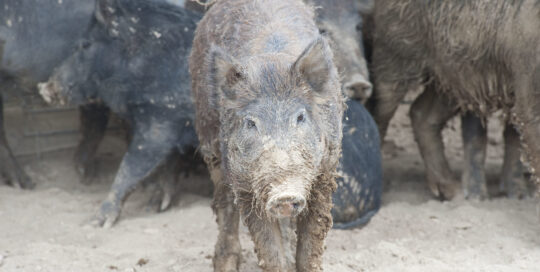
This Little Piggy is a Problem: Dealing with Feral Hogs
